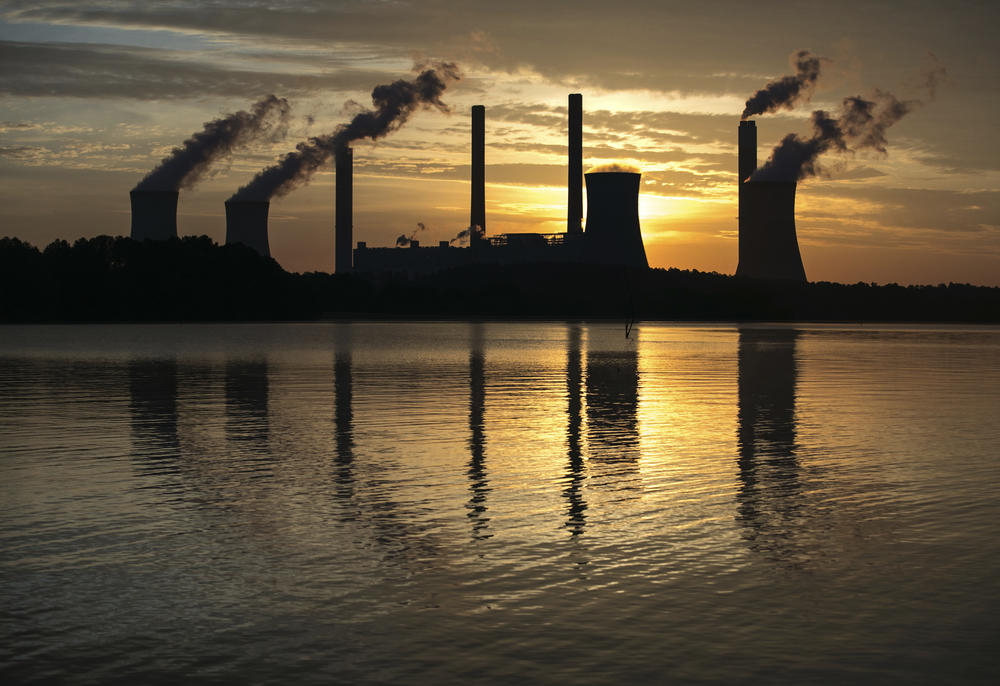
Caption
In this June 3, 2017, file photo, the coal-fired Plant Scherer, one of the nation's top carbon dioxide emitters, stands in the distance in Juliette, Ga. Global carbon dioxide emissions related to energy use are being forecast to rise significantly this year, driven by a resurgence in the use of coal to generate electricity, the International Energy Agency says. The IEA’s report Tuesday, April 20, 2021, says that worldwide energy-related carbon dioxide emissions are on track to surge by 1.5 billion metric tons this year, following last year’s decline due to the coronavirus pandemic.
Credit: Branden Camp, AP




